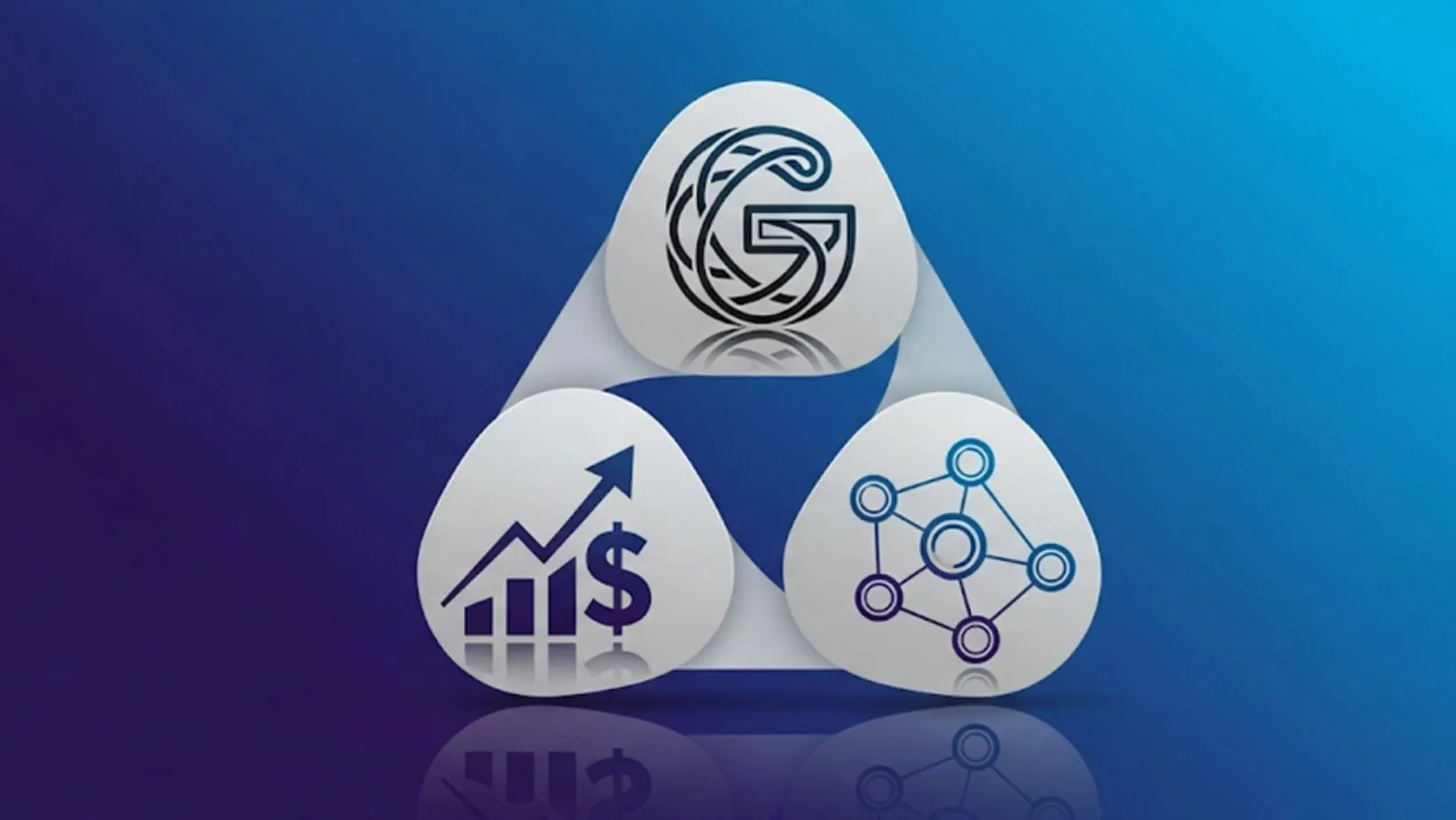Table of Contents
ToggleIn the fast-paced world of B2B, digital marketing isn’t just a trend; it’s the lifeline for businesses looking to thrive. Gone are the days of cold calls and awkward networking events. Today, companies are leveraging the power of online strategies to connect, engage, and convert. If you think B2B marketing is dull, think again. It’s a playground of creativity where data-driven decisions meet innovative campaigns.
Overview of Digital Marketing B2B
Digital marketing in the B2B sector encompasses strategies that help businesses engage with other businesses through online channels. This marketing approach is crucial for fostering relationships and driving sales in a competitive landscape.
Definition and Importance
Digital marketing B2B refers to using online platforms and tools to promote products or services aimed at other businesses. This aspect of marketing integrates various tactics such as content marketing, search engine optimization, email marketing, and social media outreach. Its importance lies in the ability to reach targeted audiences efficiently. According to reports, 70% of B2B buyers conduct online research before making purchase decisions. Focusing on digital strategies enhances visibility, boosts lead generation, and ultimately drives revenue growth for organizations.
Key Differences from B2C Marketing
B2B marketing significantly differs from B2C marketing in various ways. Firstly, B2B campaigns target businesses rather than individual consumers, requiring tailored messaging and content. Another difference involves the sales cycle. B2B transactions often have longer sales cycles, with many stakeholders influencing decisions. Additionally, the purchasing process typically necessitates logic and data-driven arguments, contrasting the emotional triggers common in B2C marketing. Lastly, the channels preferred by B2B audiences include professional networks and industry-specific platforms, unlike B2C’s focus on social media.
Strategies for Digital Marketing B2B

Implementing effective digital marketing strategies in the B2B sector involves utilizing various online tools to foster relationships and increase sales.
Content Marketing
Content marketing plays a vital role in B2B digital strategies. Creating informative articles, case studies, and whitepapers establishes authority in the industry. Engaging content helps attract potential clients and nurtures leads through the sales funnel. Businesses that prioritize valuable content see a higher engagement rate, as 70% of B2B buyers prefer educational resources when making decisions. Optimizing content with SEO techniques enhances visibility in search engine results, making it easier for target audiences to find relevant information.
Social Media Marketing
Social media marketing is crucial for B2B engagement. Platforms like LinkedIn and Twitter provide professional networking opportunities. Sharing industry insights and updates fosters connections, inviting interactions with potential clients. Scheduling regular posts maintains visibility and encourages engagement with followers. According to studies, B2B companies leveraging social media experience enhanced brand awareness and lead generation, highlighting the importance of a strong online presence in today’s marketplace.
Email Marketing
Email marketing remains a cornerstone of B2B communication. Sending targeted campaigns ensures messages reach stakeholders effectively. Personalizing emails based on recipient behavior improves open rates and engagement. Consistency in email outreach nurtures relationships, keeping potential clients informed of product updates and valuable content. Research shows that email marketing boasts a remarkable ROI of 42:1, underscoring the significance of well-crafted email campaigns in driving conversions and sales success.
Tools and Technologies for Digital Marketing B2B
In the B2B arena, utilizing the right tools and technologies streamlines marketing efforts. Companies rely on various solutions to enhance their digital marketing strategies.
Analytics Tools
Analytics tools play a crucial role in measuring campaign performance. Platforms like Google Analytics provide insights into website visitor behavior, helping businesses refine their strategies. Data tracking allows marketers to understand what drives engagement, identify high-performing content, and make informed decisions. Additionally, tools such as HubSpot and Salesforce offer comprehensive analytics for lead management, showcasing conversion rates and customer interactions. Using these insights, B2B organizations can adapt their marketing tactics based on real-time data.
Automation Tools
Automation tools simplify marketing processes and boost efficiency. Solutions like Marketo and Mailchimp automate email marketing campaigns, allowing businesses to send personalized content effortlessly. Scheduling posts on social media using tools like Hootsuite enhances brand visibility while saving time. Furthermore, CRM platforms enable companies to manage customer relationships automatically, ensuring timely follow-ups and nurturing leads. By integrating automation, B2B marketers enhance their productivity and focus on strategy development rather than manual tasks.
Challenges in Digital Marketing B2B
Digital marketing in B2B faces several challenges that can hinder effectiveness. Companies must adapt strategies to navigate these complexities effectively.
Navigating Complex Sales Cycles
B2B sales cycles are often lengthy, requiring multiple interactions with various stakeholders. Organizations frequently encounter several decision-makers, each with unique concerns and needs. Coordinating communication across these contacts proves essential for sustaining momentum. A clear understanding of the buyer’s journey allows marketers to generate relevant content tailored to each stage. Statistics show that 67% of buyers rely more on content than sales representatives, highlighting the need for targeted information.
Generating Quality Leads
Generating quality leads remains a critical challenge in B2B digital marketing. Businesses often struggle to identify prospects who genuinely fit their ideal customer profile. Implementing targeted campaigns across suitable platforms helps in attracting the right audience. Data suggests that 61% of marketers prioritize lead generation as a top challenge. Utilizing strategies like content marketing and SEO can enhance credibility, ensuring that leads gained are of high quality. Engaging prospects through educational content not only fosters relationships but also supports conversions.
Digital marketing in the B2B sector is no longer optional; it’s a necessity for growth and success. As businesses embrace online strategies, they unlock new opportunities to connect with their target audiences effectively. The integration of creativity and data-driven insights leads to innovative campaigns that resonate with potential clients.
By leveraging tools and technologies, B2B marketers can streamline their efforts and enhance productivity. Understanding the unique dynamics of B2B transactions allows for tailored messaging that addresses the needs of multiple stakeholders.
Ultimately, a strong digital marketing strategy not only drives lead generation but also fosters lasting relationships that are crucial for long-term success in a competitive landscape. Embracing these approaches will ensure businesses remain relevant and thrive in the ever-evolving digital world.



